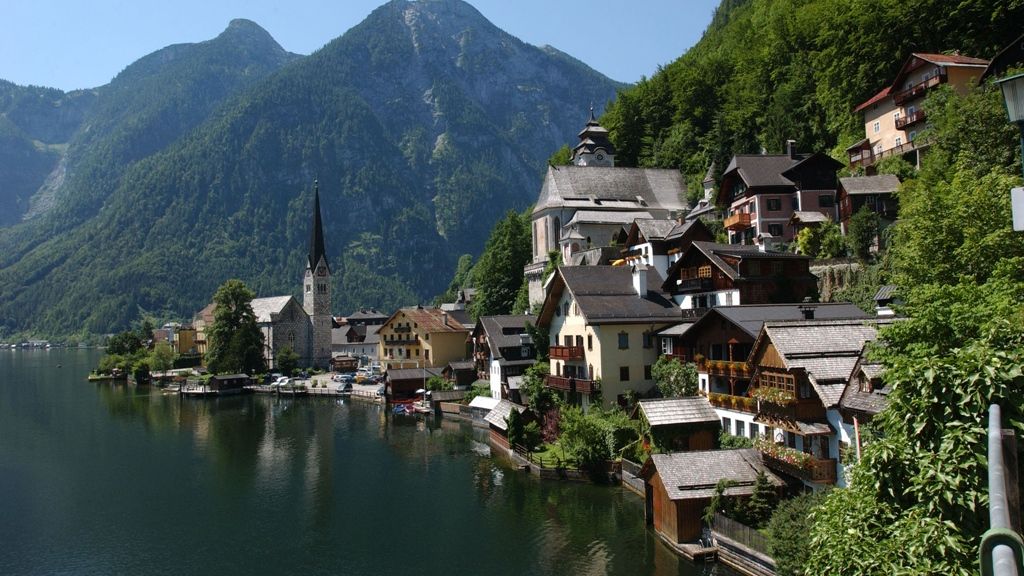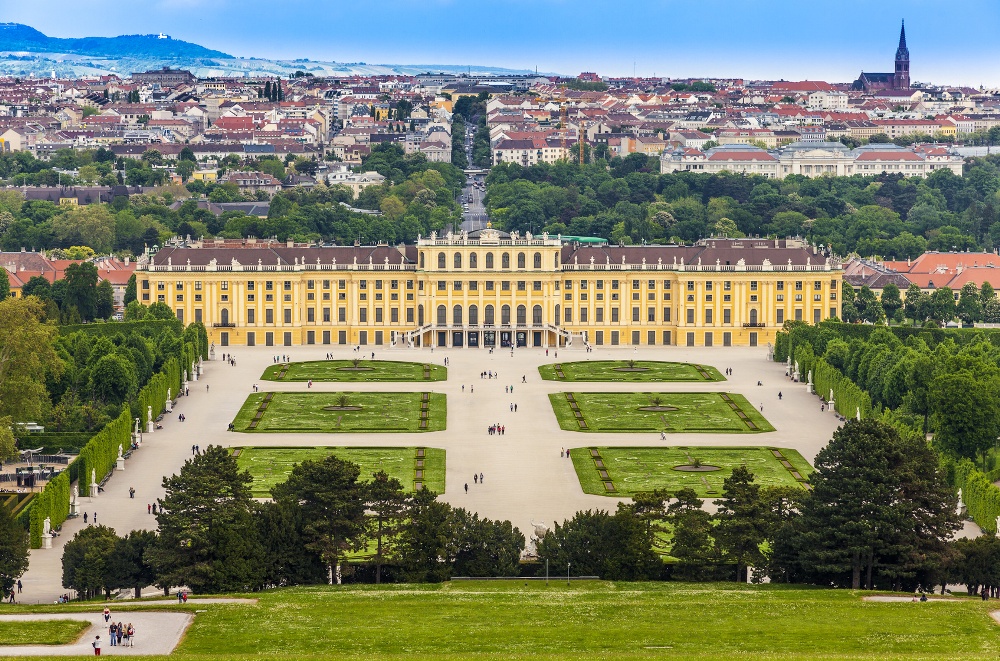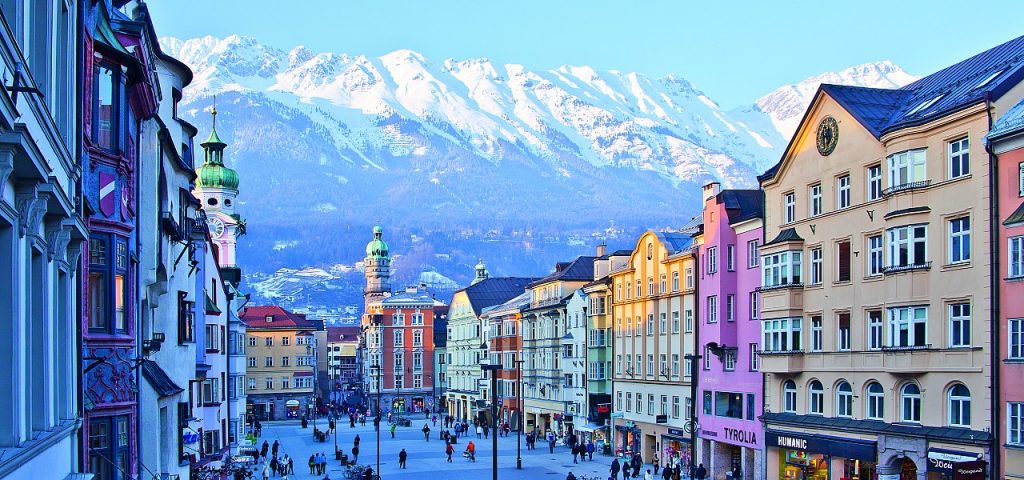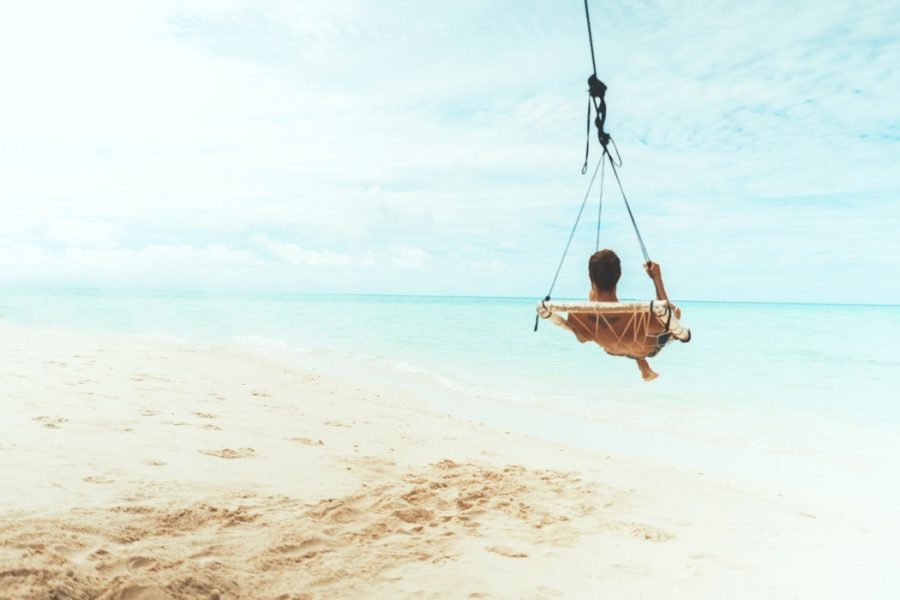Honorary Consulate of Austria in Belize
Managing Partner Ryan Wrobel is proud to be Honorary Consul of Austria to Belize. He is charged with strengthening ties between Belize and Austria, and assisting Austrian nationals in Belize. It is the firm’s pleasure to assist both Austrian citizens present in Belize, as well as Belizean citizens who are interested in investing and/or traveling to Austria, and vice versa.
If you are interested in visiting Austria, please visit our Traveling to Austria page here.
To contact the consulate in Belize City, email us at info@lawbelize.bz or call +(501) 223-1013 USA +1-646-559-6757
The consulate in Belize City is located by the Marine Terminal at:
111 North Front Street
Seaside Suite 201
Marine Terminal
Belize City, Belize
To learn about Austria, read on!
About Austria
Austria is a landlocked country of approximately 8.7 million inhabitants in Central Europe. It is bordered by the Czech Republic and Germany to the north, Slovakia and Hungary to the east, Slovenia and Italy to the south, and Switzerland and Liechtenstein to the west. The territory of Austria covers 83,878 square kilometres (32,385 sq mi) and has a temperate and alpine climate. Austria’s terrain is highly mountainous due to the presence of the Alps; only 32% of the country is below 500 metres (1,640 ft), and its highest point the Grossglockner is 3,798 metres (12,460 ft). The majority of the population speaks German, which is also the country’s official language. Other local official languages are Croatian, Hungarian and Slovene.
Austria is a parliamentary representative democracy. The capital and largest city, with a population exceeding 1.8 million, is Vienna. Austria is one of the wealthiest countries in the world, with a nominal per capita GDP of $49,480 (2015 est.). The country has developed a high standard of living and in 2014 was ranked 23rd in the world for its Human Development Index. Austria has been a member of the United Nations since 1955, joined the European Union in 1995, and is a founder of the OECD. Austria also signed the Schengen Agreement in 1995, and adopted the European currency, the euro, in 1999.
As a federal republic, Austria is comprised of nine independent federal states or provinces: Burgenland, Carinthia, Lower Austria, Upper Austria, Salzburg, Styria, Tyrol, Vorarlberg and Vienna.

History
Under the native Habsburg dynasty, Austria became one of the great powers of Europe. In 1867, the Austrian Empire was reformed into Austria-Hungary. The Austro-Hungarian Empire collapsed in 1918 with the end of World War I. The First Austrian Republic was established in 1919. In the 1938 Anschluss, Austria was occupied and annexed by Nazi Germany. This lasted until the end of World War II in 1945, after which Austria was occupied by the Allies and its former democratic constitution was restored. In 1955, the Austrian State Treaty re-established Austria as a sovereign state, ending the occupation. In the same year, the Austrian Parliament created the Declaration of Neutrality which declared that the country would become permanently neutral.
Austria – Europe’s meeting point
Austria has an abundance of cultural treasures that is immeasurable but not incomprehensible. This includes its “high culture”, of course, but also its everyday culture and the special lifestyle of the people who live there, the culinary specialties that serve as the landmarks of Austria and its individual regions, and the encounters visitors have with the incomparable people of our country. All of these qualities are so impressive today because they are the result of a great variety of influences from West and East, from North and South. Throughout history, Austria has always played a special role in the centre of Europe: as a bridge-builder, as a meeting place, and as a venue for cultural exchange.
Cities and culture in Austria
Austrian cities offer a wide range of cultural experiences. From museums and amazing architecture to glorious balls and festivals for all senses – experience the diversity of Austrian culture.

Vienna is Number One According to surveys published by the consulting firm MERCER Survey and numerous international rankings, Vienna regularly tops the charts as the city with the best quality of life in the world.
Excellent Quality of Life A rich cultural life and a diverse arts scene leave nothing to be desired –from magnificent historical buildings and museums to a vibrant nightlife.
Optimal leisure, sports and shopping opportunities in Vienna and in the greater Vienna area boasting beautiful landscapes, and recreational opportunities invite visitors to explore the city and its immediate surroundings.
The Vienna coffee houses, gourmet restaurants and wine taverns offer a wide and diverse range of culinary delights.
A stable political and economic environment guarantees a high level of personal safety and security.
Vienna can boast two UNESCO World Heritage Sites: the historic city centre and the Baroque ensemble of Schönbrunn Palace and its grounds. One can find art treasures and magnificent buildings all over the former imperial capital.


